We usually use the solution for infrastructure level and web application scanning, although mostly for the former. This is what we are doing at present. We were using the web application portion of Tenable Nessus for several months before switching to Veracode.
A valuable feature of the solution is that it is easy to understand. When it comes to running a scan, the scanning mechanism is also easy, and it is quite fast compared to Veracode and Qualys.
The solution should have a more in-depth level of scanning, with features to meet the developers. Other points that should be addressed involve the understanding of issues by the users and the need for improvising the reporting structure. The reports should also be more attractive and user-friendly.
This is how Tenable Nessus occasionally works when drawing up something on the field.
Additional features I wish to see addressed in the next release include customer support and ease of understanding of vulnerabilities and how they can be fixed.
In contrast to Tenable Nessus, we have found Veracode to be more user-friendly, with a greater in-depth understanding of the details and how things can be fixed. Other points in its favor include study cases, customer support, training and e-learning.
The solution is sort of down the mid range, so we are more happy with Veracode.
We have made use of Tenable Nessus over the past 12 months, and started doing so a couple of months before we got Veracode.
The solution is reliable and has good stability.
We have been in the web, so we have not tried to expand the solution.
We feel the solution's technical support to be very bad.
While we do receive a response upon creating a ticket, it is not like that of Qualys or Veracode. That extensive support is not there.
The initial setup was straightforward.
We deployed under the release plan of 8.11.
We incurred a single cost for a perpetual license, although I cannot comment on the price as this is above my management level.
There are at least ten people in our organization making use of the solution.
Tenable Nessus is an appropriate solution for a small scale company, one with budgeting constraints and no complexities within the organization. It not that user-friendly.
I would rate Tenable Nessus as a seven out of ten.

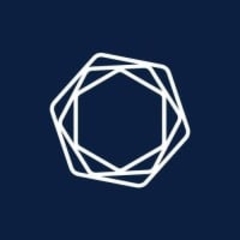







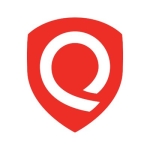
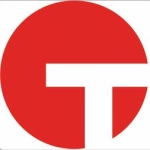
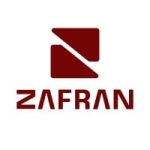
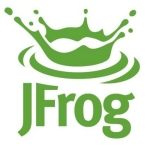

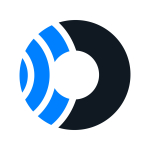
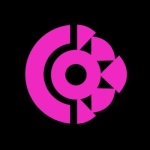
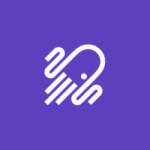

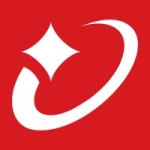

Authenticated users are a excellent way for you increase the quality and depth of your scanner. You can add/use cloud providers API-keys during tests, local or AD users/credentials with database, telecom devices and other types of digital assets. Normally, the difference between non/authenticated-scans is widely big.